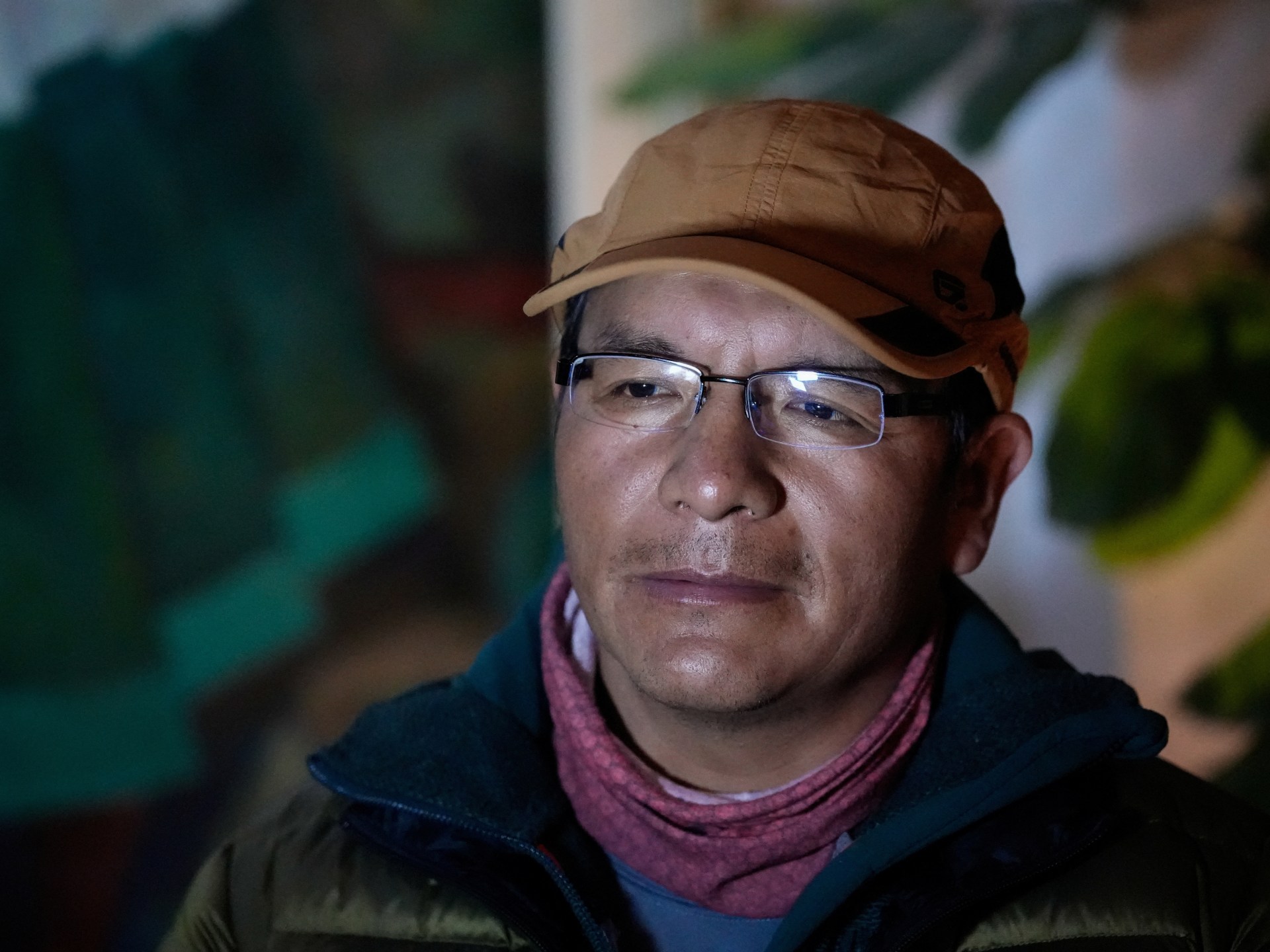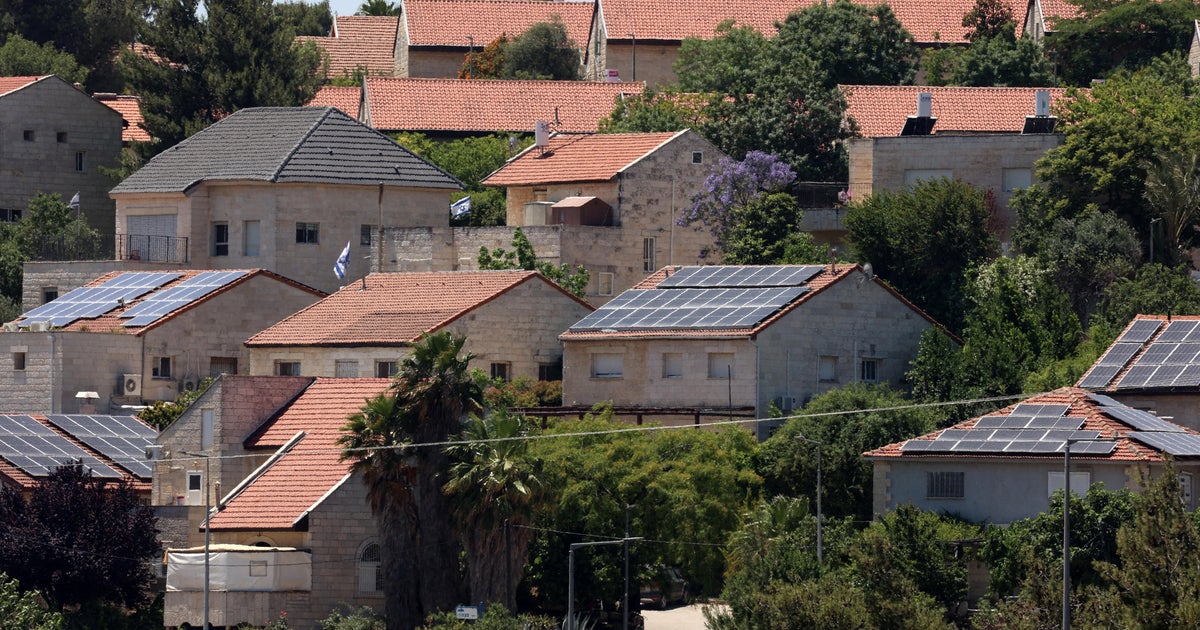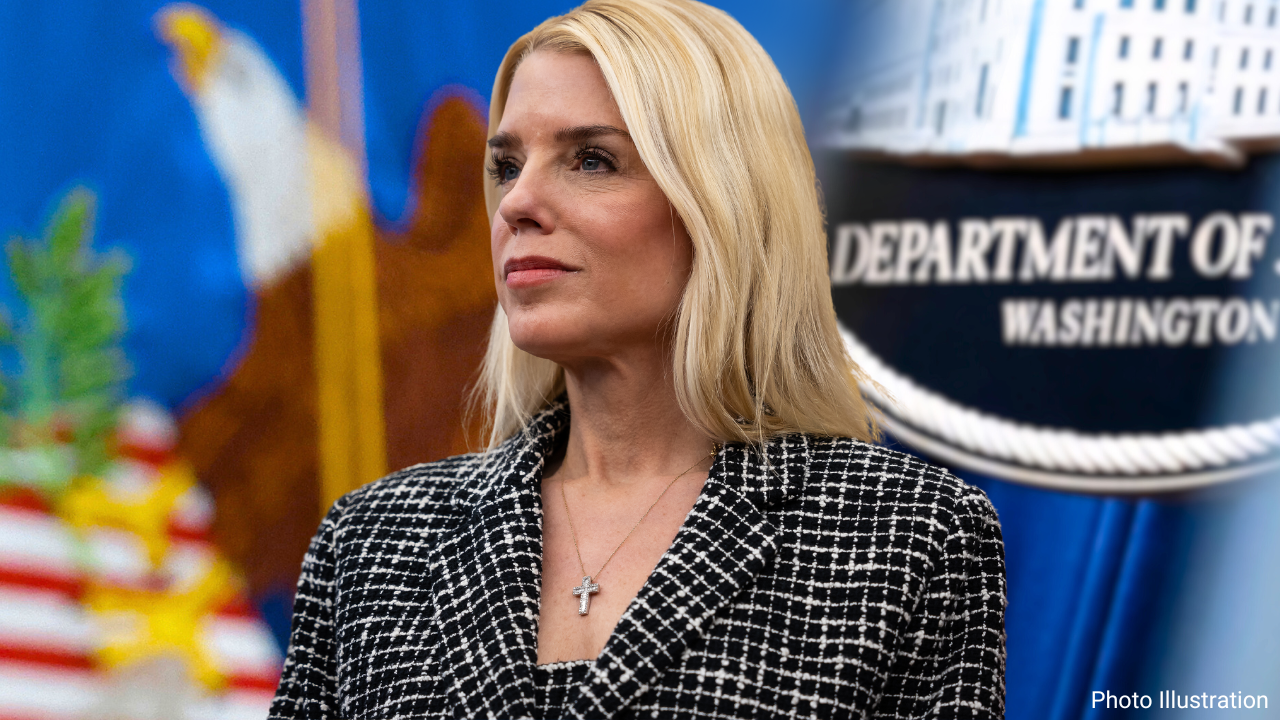Judge rules that companies ‘may be obligated to take preventive measures’ to counter their emissions.
A German court has thrown out a Peruvian farmer’s lawsuit seeking damages from RWE for the German energy utility’s alleged role in putting his hometown at risk through climate change, but set a potentially important precedent on polluters’ liability for their carbon emissions.
The higher regional court in the western city of Hamm on Wednesday blocked the landmark complaint brought by Saul Luciano Lliuya, 44, who argued that RWE’s historical emissions meant it was responsible for the higher flood risk caused by the melting of the Andean glaciers his hometown was facing.
But the judge in the case ruled that companies “may be obligated to take preventive measures” to counter their emissions, according to a statement from the court.
“If the polluter definitively refuses to do so, it could be determined, even before actual costs are incurred, that the polluter must bear the costs in proportion to their share of the emissions,” the court concluded.
The ruling supported arguments made by Saul Luciano Lliuya, who claimed that RWE should pay towards the cost of protecting his hometown near the city of Huaraz in northern Peru from a lake glacier swollen by melting snow and ice.
RWE has never operated in Peru, but the 44-year-old farmer argued that, as one of the world’s top emitters of carbon dioxide, the firm was partly responsible for the flood risk.
The court, however, rejected Lliuya’s claim against RWE, saying that there was “no concrete danger to his property” from a potential flood.
The ruling was nonetheless a “milestone” for climate litigation, Lliuya’s lawyer Roda Verheyen said in a statement.
“This is an extraordinary case,” said Al Jazeera’s Step Vaessen, reporting from Hamm, Germany. “For the first time, a person from the Global South is filing a legal case against a company from the Global North, holding it responsible, accountable for global warming and effects of it” on their home country.
Presenting data from the Carbon Majors database, which tracks historical emissions from chief fossil fuel producers, Lliuya said RWE, Germany’s largest energy company, is responsible for nearly 0.5 percent of global man-made emissions since the industrial revolution and must pay a proportional share of the costs needed to adapt to climate change.
For a $3.5m flood defence project needed in his region, RWE’s share would be about $17,500, according to Lliuya’s calculations.
The Peruvian farmer, whose family grows corn, wheat, barley and potatoes, has said he decided to sue RWE because it is one of Europe’s biggest polluters – rather than any particular company projects near his home.
RWE, which is phasing out its coal-fired power plants, has said a single emitter of carbon dioxide cannot be held responsible for climate change.
Prior to Wednesday’s decision, the farmer’s lawyer had previously said “this was a historic verdict” regardless of outcome, as the case notes consisted of 180 pages, meaning the judges took the case “very seriously”, travelling to the affected area in Peru with experts to examine the “exact effects of global warming on this particular community”, said Vaessen.
The presiding judge told RWE it “should have been aware of the effects of their emissions”, Vaessen added.
This trial “could be a serious precedent for other people living in the Global South who are suffering a lot more from climate change than in other parts of the world to potentially file cases in the future”.
german-court-rejects-peruvian-farmers-climate-case-against-rwe-climate-crisis-news















Leave a Reply